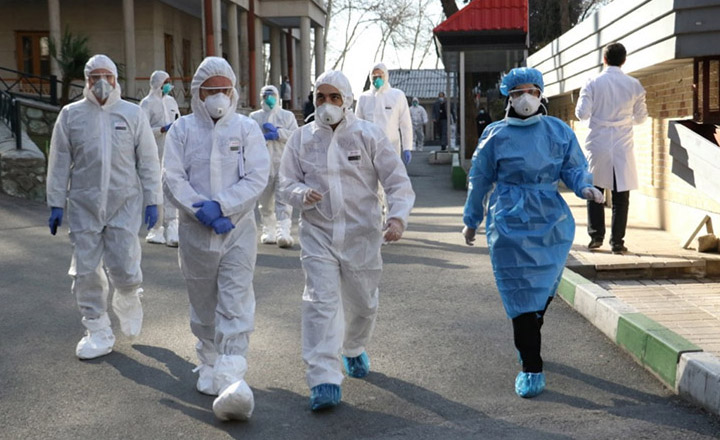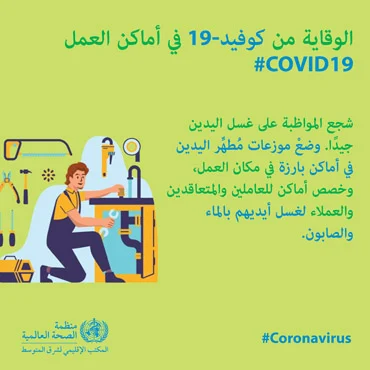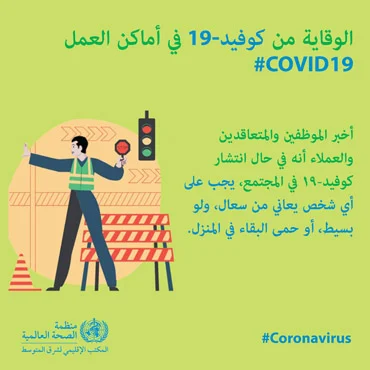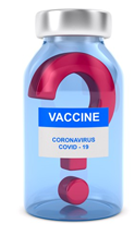covid 19 (corona virus)

Coronaviruses are a large family of viruses that cause illnesses ranging from the common cold to more severe diseases, such as Middle East Respiratory Syndrome (MERS-CoV) and Severe Acute Respiratory Syndrome (SARS) (SARS-CoV). The novel coronavirus (nCoV) is a new strain that has not been previously identified in humans.
Corona viruses are zoonotic, meaning that they are transmitted between animals and humans. Extensive investigations have found that SARS-CoV was transmitted from civet hooks to humans, while MERS-CoV was transmitted from single-humped camels to humans. Many known coronaviruses circulate among animals, and have not yet infected humans.
Common symptoms of infection include respiratory symptoms, fever, cough, shortness of breath, and breathing difficulties. In more severe cases, infection can cause pneumonia, severe acute respiratory syndrome, kidney failure, and even death.
Standard recommendations for preventing the spread of infection include: washing hands regularly, covering mouth and nose when coughing and sneezing, and thoroughly cooking meat and eggs. In addition to avoiding contact with anyone who shows symptoms of respiratory illness, such as coughing and sneezing.
مزيد من المعلومات عن that





Should everyone be vaccinated against COVID-19?
Yes, because vaccines prevent severe COVID-19 infection and death. It is important to vaccinate large numbers of people if we are to end the current pandemic. Everyone should get vaccinated and encourage others to get vaccinated according to each country’s vaccination plan and recommended age limit for the vaccine. But with not enough vaccine available soon enough, a plan is in place to prioritize so that those most in need can get vaccinated first.

